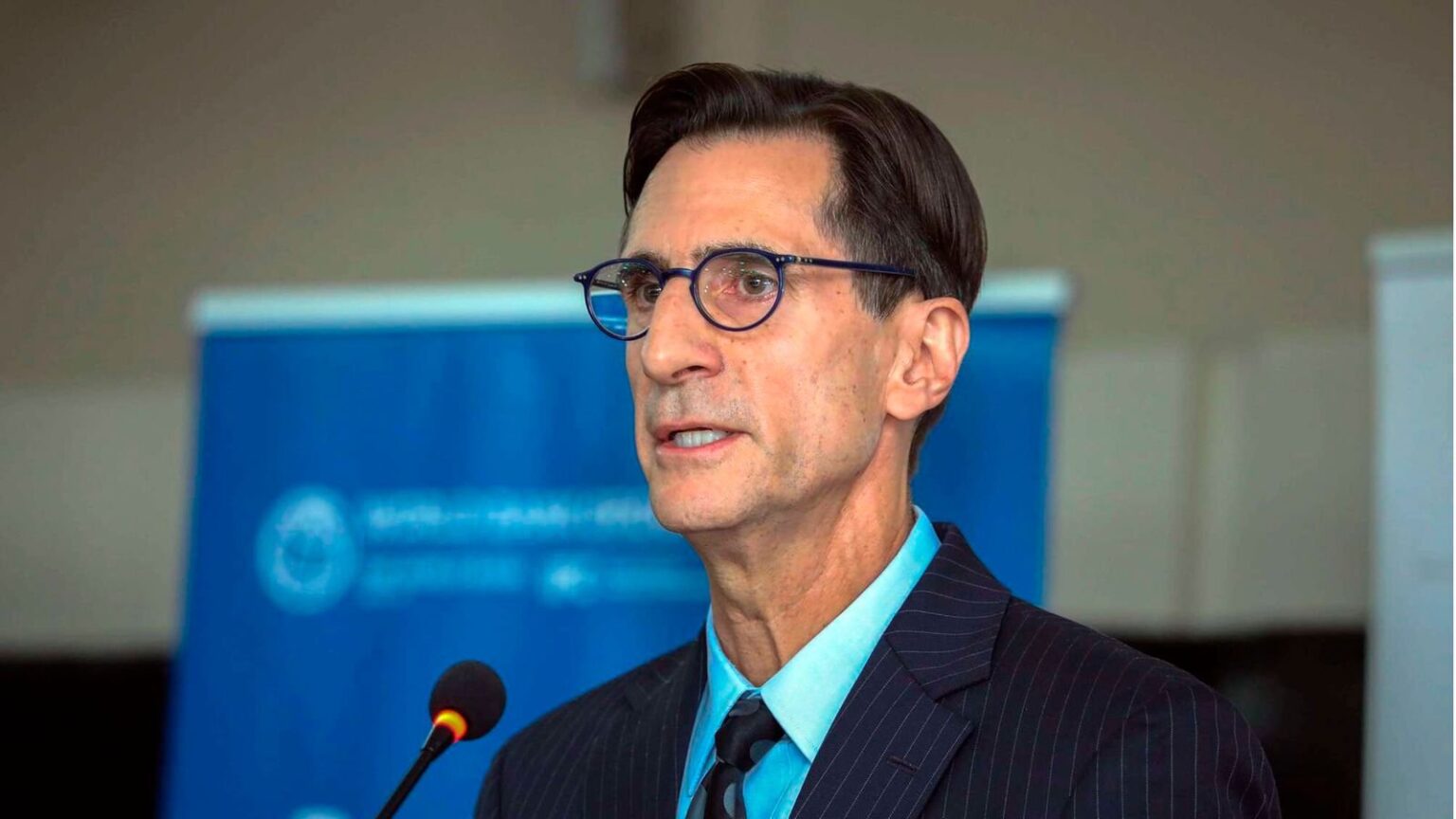- The World Bank has approved a $1.2 billion loan to support policy and institutional reforms to address structural constraints in Kenya’s public finances.
- On climate, the financing will support Kenya’s investments in green public transport systems.
- Kenya’s $1.2 billion DPO facility is funded through a combination of financial instruments
Kenya has received a loan of $1.2 billion ( about KES156 billion) from the World Bank to help the country address short-term fiscal pressures and accelerate green initiatives. The new $1.2 billion Kenya Fiscal Sustainability and Resilient Growth Development Policy Operation (DPO), is the first in a series of three.
According to the multilateral lender, it has been prepared under an improved macroeconomic environment following government action to address the challenges that had overshadowed the economy including tight liquidity pressures, depressed investor confidence and limited capital inflows that had resulted in a rapidly depreciating shilling.
A Development Policy Operation (DPO) is a financial instrument used by the World Bank to provide budget support to countries for policy and institutional reforms.
Unlike project-specific loans, DPOs support government programs through direct financial assistance to the national treasury, which is then used to implement broad policy measures aimed at economic growth and stability.
World Bank Country Director for Kenya Keith Hansen, speaking after the approval of the facility said that after tackling the immediate fiscal pressures, the focus can now shift to addressing the country’s longer-term challenges.
The DPO will support policy and institutional reforms to address structural constraints in Kenya’s public finances, alleviate fiscal pressures and promote a more efficient and sustainable budget
The facility will also seek to foster more competitive and inclusive product and labor markets; and strengthen climate action, building on Kenya’s strong leadership under the 2023 Nairobi Declaration on Climate Change.
Key reforms include the establishment of a Treasury Single Account, wage bill consolidation, a modernized and enhanced social protection system, removal of county-level distortions through the fragmented licensing systems, opening of the ICT sector for more foreign investment, and provision of better access to services and jobs to refugees.
Read also: Brace for High Interest Rates for a Longer Period World Bank Warns Kenya
World Bank approves $1.2 billion loan
On climate, the DPO will support Kenya’s ambitions on green public transport, increasing forest cover, and leveraging climate finance, including through carbon credits and green and sustainability-linked bonds.
“For Kenya to return to moderate risk of debt distress, the government will need to maintain the fiscal consolidation path, promote export growth, enhance the country’s policy and institutional assessment to increase its debt carrying capacity and proactively manage liabilities by focusing on concessional financing to reduce interest costs and repayment pressures,” said Naomi Mathenge, the World Bank Senior Economist for Kenya.
Climate is symbiotic with the development agenda promoted in this DPO, as it strengthens adaptation through an improved social protection system, improved public services and jobs for Kenya’s 550,000 refugees, as well as increased forest cover.
The DPO also leverages the climate mitigation agenda to support Kenya’s ambition to be a global climate leader, while tapping green financial resources for climate action and development.
The DPO is anchored in the priorities laid out in the Government of Kenya’s Bottom-up Economic Transformation Agenda and the World Bank’s FY23-FY28 Country Partnership Framework for Kenya and complements the broader World Bank portfolio in Kenya.
This $1.2 billion Development Policy Operation is funded through a combination of financial instruments, including an International Bank for Reconstruction and Development loan of $850 million (Sh110billion), an International Development Association (IDA) credit of $300 million (Sh39 billion), and a $50 million (Sh6.5 billion) IDA grant from the Window for Host Communities and Refugees.
Read also: African Heads of State call for tripling of World Bank’s concessional financing
